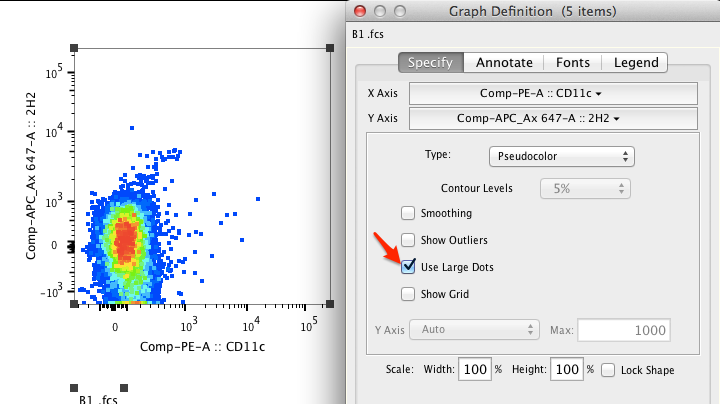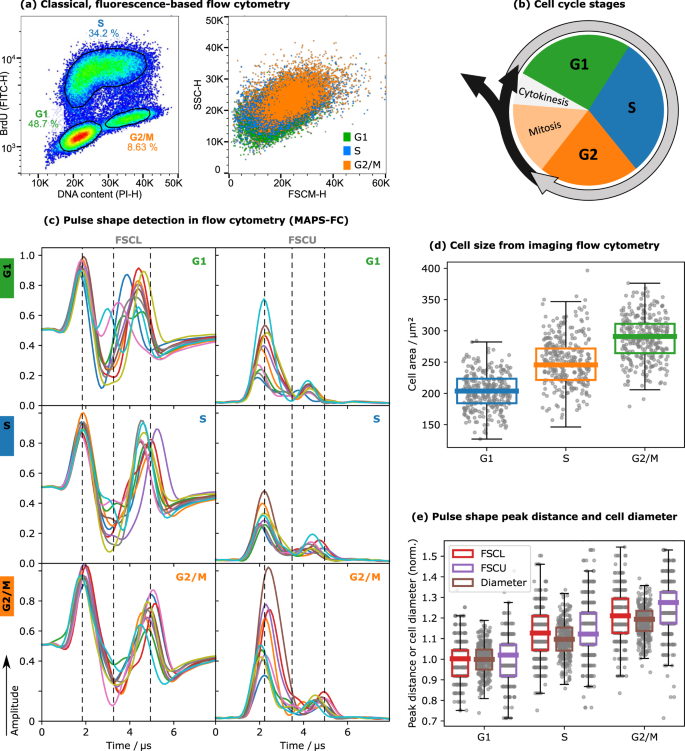

Treatment of metastatic non‑small cell lung cancer with NY‑ESO‑1 specific TCR engineered‑T cells in a phase I clinical trial: a case report. Antitumor activity associated with prolonged persistence of adoptively transferred NY-ESO-1 c259T cells in synovial sarcoma. Treatment of patients with metastatic cancer using a major histocompatibility complex class II-restricted T-cell receptor targeting the cancer germline antigen MAGE-A3.
Change the label on flowjo 10 trial#
278 Phase I clinical trial evaluating the safety of ADP-A2M10 SPEAR T-cells in patients with MAGE-A10 + advanced non-small cell lung cancer. Sensorineural hearing loss after adoptive cell immunotherapy for melanoma using MART-1 specific T cells: a case report and its pathophysiology. Immune recognition of somatic mutations leading to complete durable regression in metastatic breast cancer. T-cell transfer therapy targeting mutant KRAS in cancer. Complete regression of metastatic cervical cancer after treatment with human papillomavirus-targeted tumor-infiltrating T cells. Cancer immunotherapy based on mutation-specific CD4 + T cells in a patient with epithelial cancer. Durable complete responses in heavily pretreated patients with metastatic melanoma using T-cell transfer immunotherapy. Acquired resistance to immune checkpoint inhibitors.
Change the label on flowjo 10 plus#
Nivolumab plus ipilimumab in advanced non-small-cell lung cancer.

Chemotherapy in combination with immune checkpoint inhibitors for the first-line treatment of patients with advanced non-small cell lung cancer: a systematic review and literature-based meta-analysis. JNCI Cancer Spectrum (2021).Īddeo, A., Banna, G. Response rate and survival at key timepoints with PD-1 blockade versus chemotherapy in PD-L1 subgroups: meta-analysis of metastatic NSCLC trials. Man, J., Millican, J., Mulvey, A., Gebski, V. Cell therapy with autologous TILs is generally safe and clinically active and may constitute a new treatment strategy in metastatic lung cancer. Neoantigen-reactive T cell clonotypes increased and persisted in peripheral blood after treatment. In exploratory analyses, we found T cells recognizing multiple types of cancer mutations were detected after TIL treatment and were enriched in responding patients. Two patients achieved complete responses that were ongoing 1.5 years later. Of 13 evaluable patients, 3 had confirmed responses and 11 had reduction in tumor burden, with a median best change of 35%. The end point of safety was met according to the prespecified criteria of ≤17% rate of severe toxicity (95% confidence interval, 3–29%). Patients received cyclophosphamide and fludarabine lymphodepletion, TIL infusion and interleukin-2, followed by maintenance nivolumab. Autologous TILs were expanded ex vivo from minced tumors cultured with interleukin-2. The primary end point was safety and secondary end points included objective response rate, duration of response and T cell persistence. We conducted a single-arm open-label phase 1 trial ( NCT03215810) of TILs administered with nivolumab in 20 patients with advanced non-small cell lung cancer following initial progression on nivolumab monotherapy.

Adoptive cell therapy using tumor-infiltrating lymphocytes (TILs) has shown activity in melanoma, but has not been previously evaluated in metastatic non-small cell lung cancer.


 0 kommentar(er)
0 kommentar(er)
